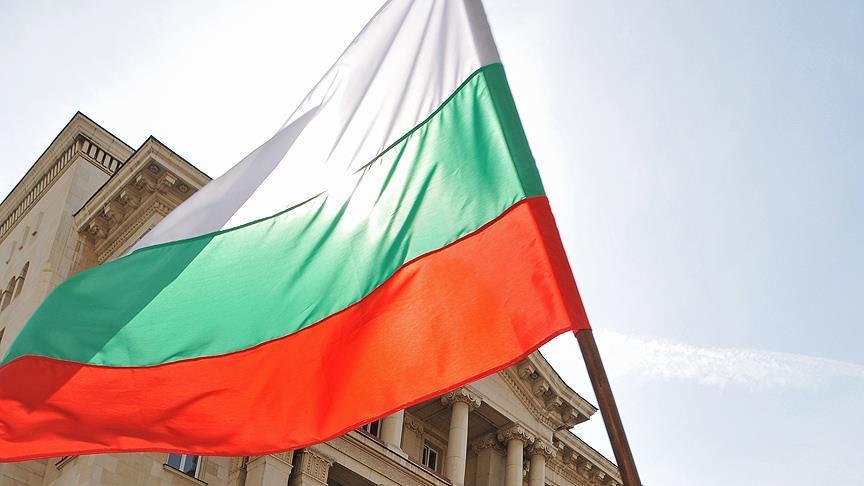Bulgaria had another inconclusive election, the fifth in three years. The conservative GERB party of Boyko Borisov is practically tied with the youth-urban coalition of PP and DB led by Kiril Petkov.
Both groups are going to have about 70 seats in Parliament, far below the 121 votes needed to form a Government. It’s possible that they will be driven to join forces for a short lived coalition, or that they will try to work with the other, smaller parties in Parliament, that include the Turkish party DPS, the nationalist and pro-Russian Rebirth party (both at around 40 votes) and the once powerful BSP socialist party.
Petkov positioned himself as a reformist leader and strongly supported Ukraine in the war, during his brief time as Prime Minister. But Borisov continues to dominate the rural and small town vote and warns that the new coalition is too inexperienced for such difficult times.
Macedonian politicians don’t expect much to change with regard to Bulgaria’s veto of Macedonia’s EU accession talks. President Rumen Radev, who is the only fully functioning center of power in the country, is a hardliner on the Macedonian issue, and even the reformist bloc demands that Macedonia accepts the current main demand – to change its Constitution and include the Bulgarian minority in it – which is unlikely to happen any time soon.




Comments are closed for this post.